NHS investigation 'failed' over boy's sepsis death
- Published
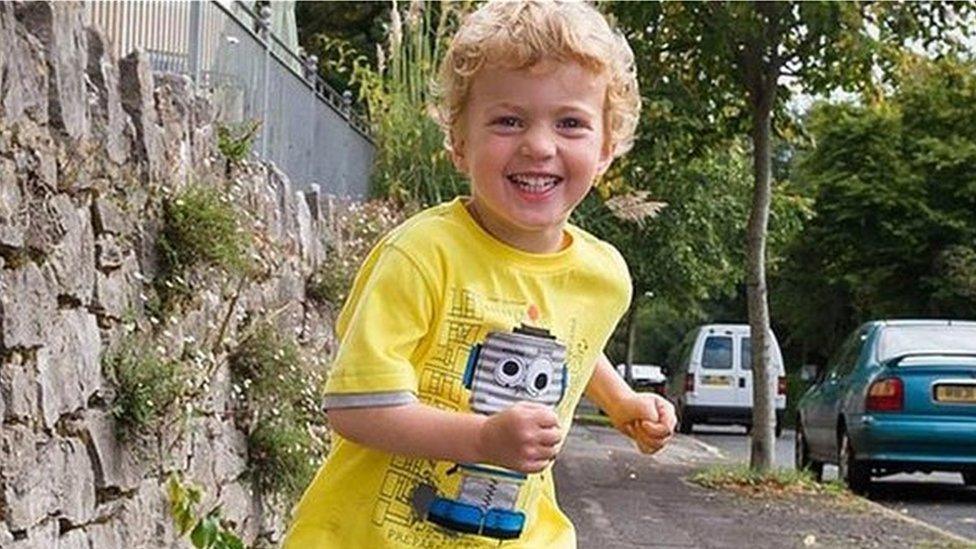
Sam Morrish died after a "catalogue of errors"
NHS workers failed to properly investigate how health service blunders led to the death of a boy from sepsis, a report has found.
It is the second review, external by the Parliamentary and Health Service Ombudsman (PHSO) into the death of three-year-old Sam Morrish from Devon.
The first found four health service groups made errors. The second examined how they investigated Sam's death.
NHS England said it wanted staff to "acknowledge when mistakes are made".
Click here for more updates on this story, plus more Devon and Cornwall news
The Cricketfield GP Surgery, NHS Direct, Devon Doctors Ltd, and South Devon NHS Trust all faced criticism over the boy's death in 2010.
The first report in 2014 focussed on complaints made by Sam's parents about the care he received by the four organisations.
The most recent review looked at criticisms about how their son's death was investigated by the organisations and additionally the Primary Care Trust.
"We think that a fundamental failure in this case was the organisations' - in particular the Trust's - unwillingness to accept that any view other than their own initial view might not be the right one," the report said.
"Those involved appeared to accept almost immediately the view that Sam's death was rare and unfortunate rather than being open to other possibilities".
It also found the investigation processes were "not sufficiently independent" and "excluded the family and junior staff in the process".
An NHS England spokesman said it was encouraging people to raise concerns about services to prevent further mistakes.
"What happened to Sam Morrish highlights the tragic consequences when things go wrong," he added.

Sepsis
Sepsis is a more common reason for hospital admission than heart attack - and has a higher mortality
The most common causes of severe sepsis are pneumonia, bowel perforation, urinary infection and severe skin infections
The most common signs of sepsis are a high fever, violent shivering, fainting, cold and pale hands, rapid breathing, confusion or delirium
37,000 people are estimated to die of sepsis each year in the UK
From the time sepsis first takes hold, healthcare workers have just hours to deliver the right care

Sam's father, Scott Morrish, said the youngster's death was "avoidable".
"The NHS should have given us the answers we needed soon after he died, to enable improvements to be made," he said.
The PHSO said the report echoed its recent findings that 40% of NHS investigations were inadequate, external and has called for a national accredited training programme for staff.
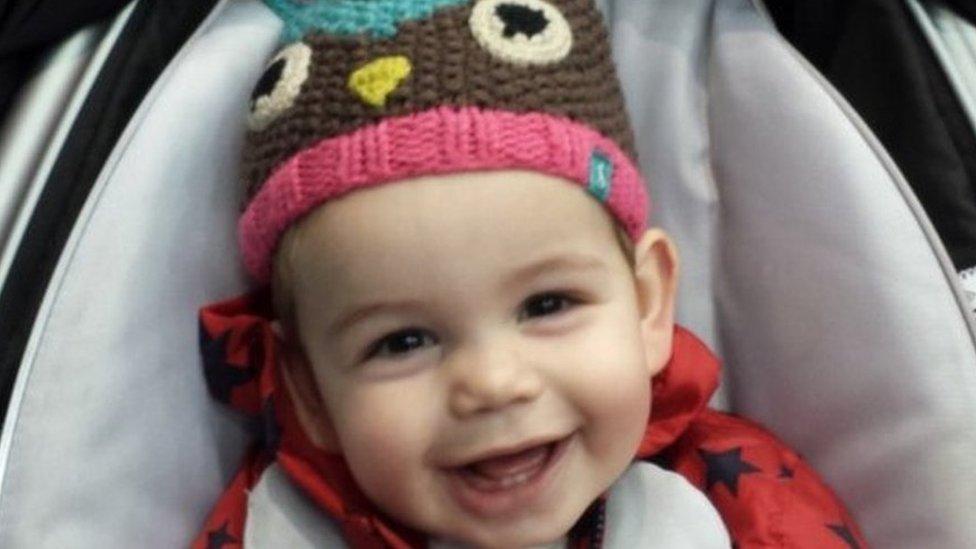
The pathologist said the cause of death was septicaemia
Melissa Mead, whose twelve-month-old son William died from undetected sepsis in 2014, said she was "desperately sad for the Morrish family".
"With the medical establishment, whenever you suggest that there has been any kind of wrong doing the shutters come down," she said.
- Published28 October 2014
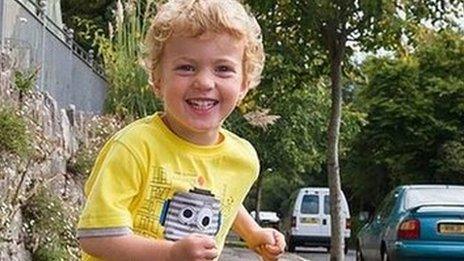
- Published26 January 2016
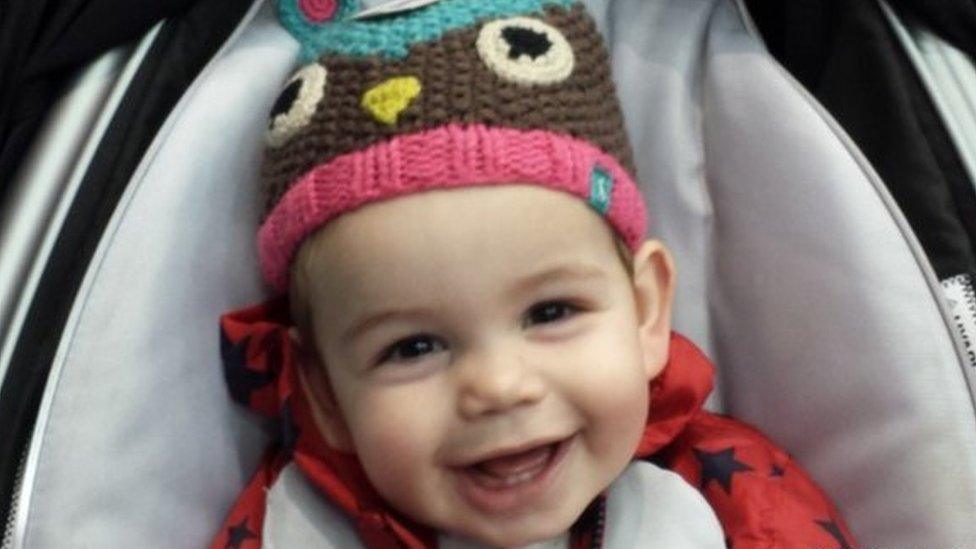
- Published12 September 2013
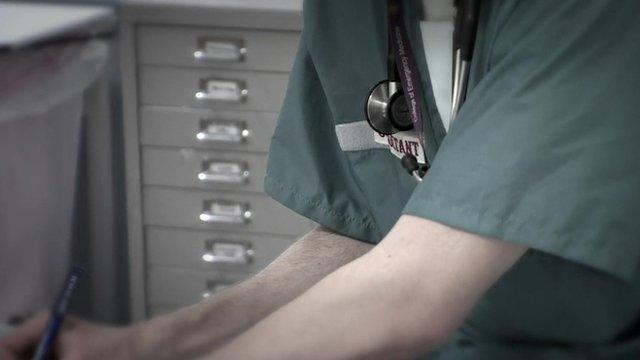
- Published12 September 2013
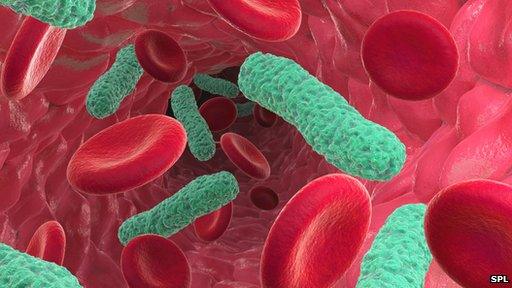
- Published26 June 2014

- Published2 July 2014
